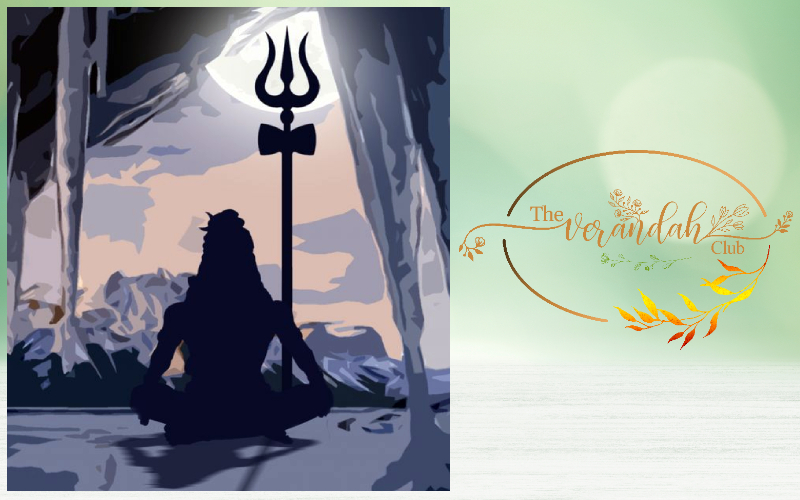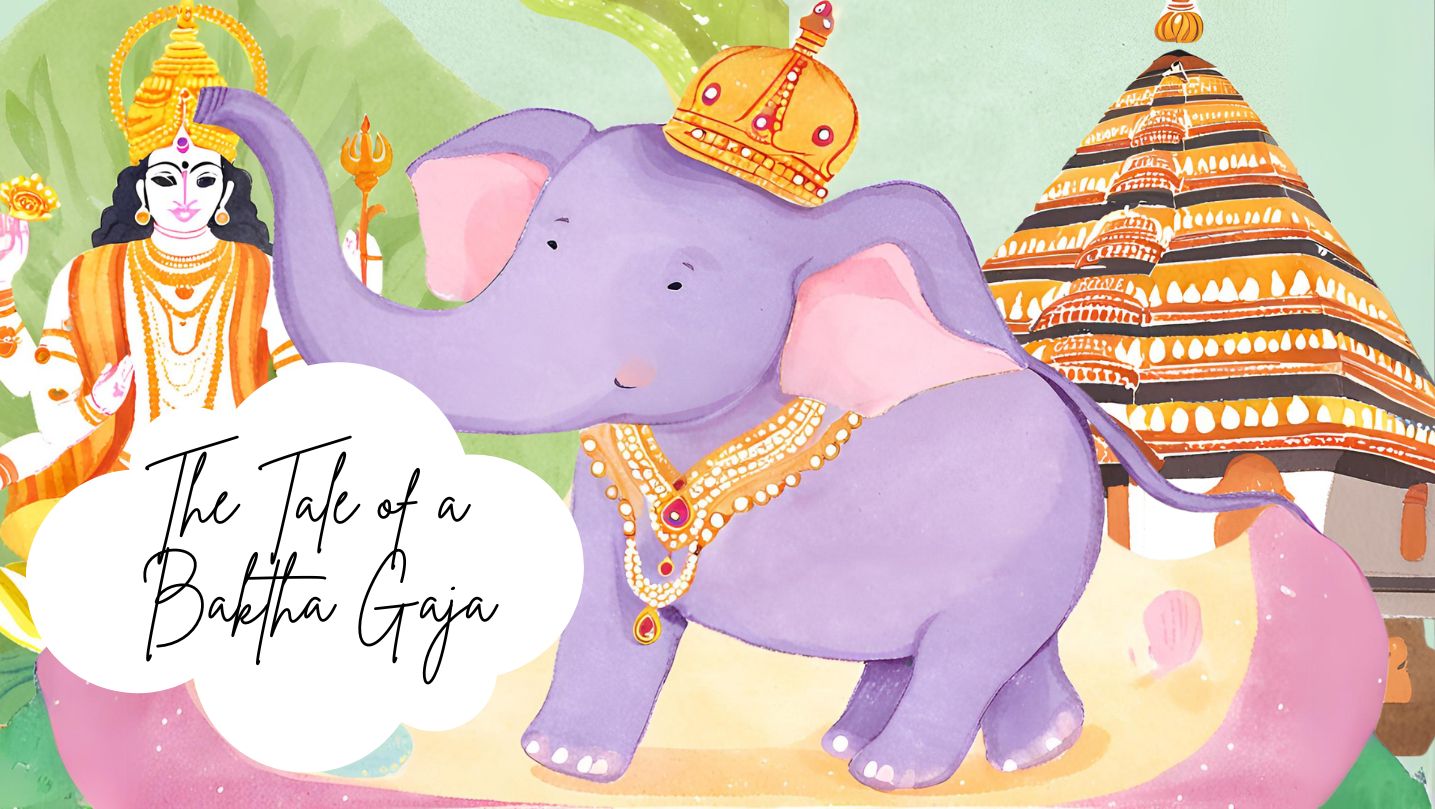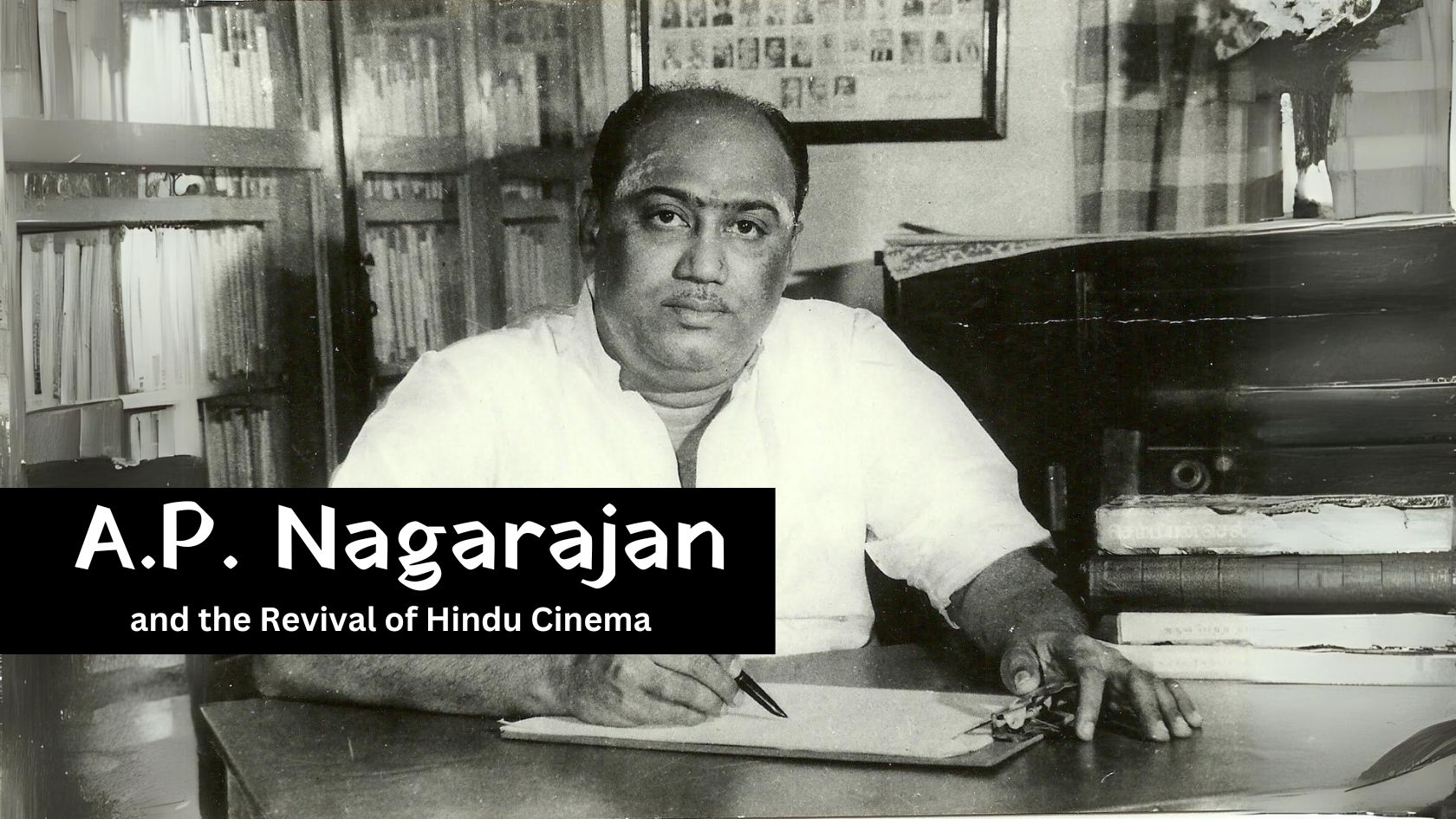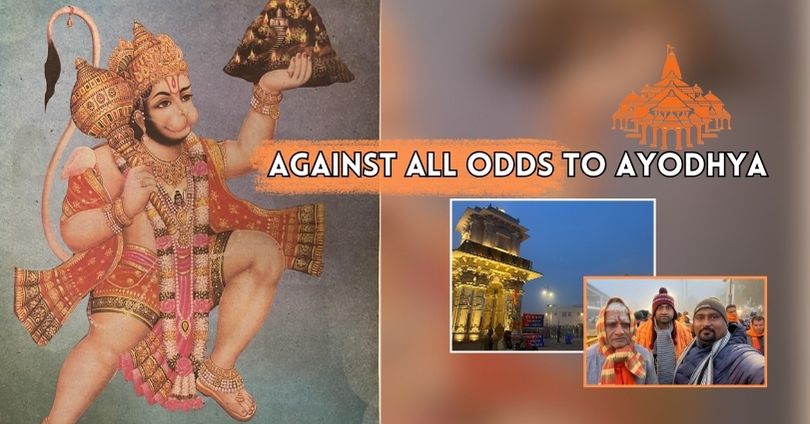
Awareness of Saiva Siddhantham
Saiva philosophy is not as renowned as Vedanta even in India because of the linguistic barrier. India is such a vast country with so many different cultures, language, custom, and religions. Sometimes the magnitude of this simple baffles the person who is trying to see it as one. Also, the non-availability of the scriptures in other languages poses a problem.
Most of the sacred literature is written in the respective mother tongue and is being preserved and cherished by a select group of people who live life accordingly. Not that they are unwilling to share it – it is just that each one lives in his bhuvanam or mental sphere. There is no possibility of an outsider knowing the true spirit behind the system, without getting immersed into it.
Today, technology has made everything accessible to anyone who truly wishes it. It is the duty of the erudite scholars to pass on these treasure houses of knowledge to every genuine seeker who is thirsty for it.
Philosophy in general is thought to be studied only by the elderly or by someone who uses it as an escape from performing one’s duties. This is entirely untrue. It is the youth who are in the prime age of performance and efficiency who should be exposed to philosophy because only they can really apply the eternal principles in life and benefit from it.
Philosophy is meant to clear the cobwebs that cloud one's intellect to instill knowledge and compassion in one's soul.
It expands the horizon of one's reach and makes it possible to empathise or worse, be indifferent.
The truth lives on...
The world as we perceive it today seems to be made up of multifarious elements. We are so immersed in our day-to-day lives that we are unable to see what constitutes it. Philosophy tries to unearth the common pattern and see life as homogenous entity. Saiva Siddhantham goes a step beyond and after seeing the oneness goes on to resolve the uniqueness of each entity that forms the life experience.
Even a lay person with very little intellectual quest would acknowledge that there is a higher intelligence that is beyond the human mind which he calls God. Man with all his inconsistencies seems to be the other major intelligent entity heading the group of living things like animals, birds, plants, etc. Matter seems to be the third component that which is inert, unintelligent, and not incapable of thinking or evolving.
Saiva Siddhantham identifies these three entities namely God, soul, and bondage. After establishing the existence of each entity, it expounds their qualities. The entities are so intricately blended that they appear as one, yet their qualities differ. In doing so the system delves deeper, igniting reason and enquiry. Here, we are about to begin the journey of actually discovering by a series of question and answers who/what God is; His attribute and how He functions, the truth about the soul that is apparently not the body; the impermanence of the world and the bondage that prevents the soul from understanding this.
(to be continued...)
NEXT ARTICLE

In the lush, green heart of Kerala lived an elephant who became a living legend - a tale of an elephant turned into a bakth. His name was Keshavan, bu...

In the early days of cinema, both silent and talkie films thrived on puranas and ithihasas. However, as the years passed, especially by the late 1950s...

Life often presents us with choices that test our resolve, faith, and priorities. Attending the Prana Pratishtha of the Ram Lalla in Ayodhya had alway...